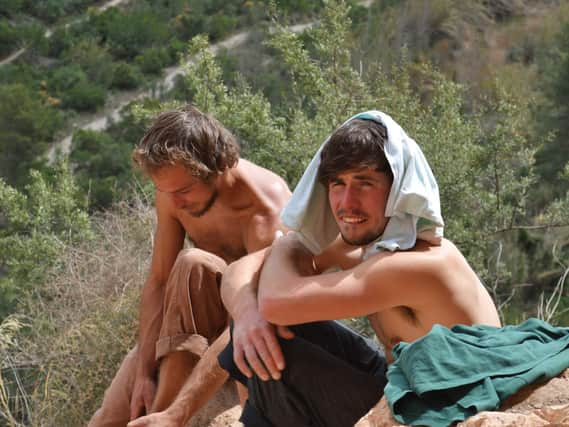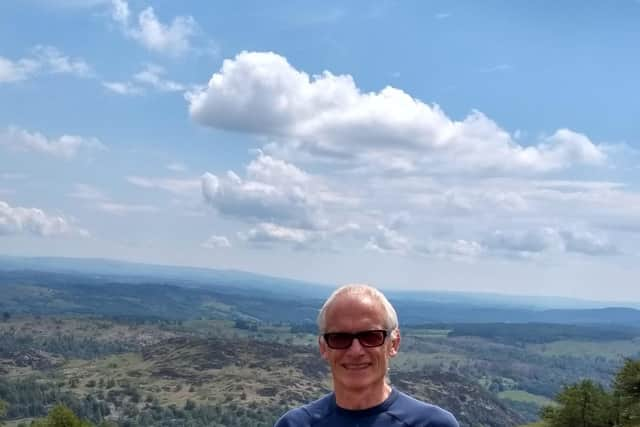Lancashire mental health charity Pancho's Place: 'If we can make even a small difference, it’s more than worth it'


In 2011, he was studying at the University of Sheffield when he went on a trip to Amsterdam and - as his father John puts it - ‘discovered the hard way that marijuana just didn’t agree with him’.
When the 18-year-old Liam returned home, he had a psychotic episode and an ambulance had to be called. With the ambulance team unable to persuade Liam to come to hospital, the police were summoned and they, according to John, exacerbated matters as they just didn’t understand why he was so distressed.
Advertisement
Hide AdAdvertisement
Hide AdDespite being seriously ill, Liam was nevertheless taken down to the station.


Soon after, Liam was admitted to hospital, which John describes at ‘chaotic’. Liam, sadly, continued to struggle, becoming increasingly distressed and attempting to leave the hospital of his own accord. He spent four weeks there and, when he eventually was discharged, became depressed.
Grappling with a number of further episodes over the next few years, Liam tragically took his own life in 2018 at the age of just 26.
“In our experience, services were incredibly limited and unequipped to help people live their best life possible with whatever illness they’ve got,” says John Postlethwaite, 61. “Instead, the overwhelming experience we had was upset, fear, and worry.
Advertisement
Hide AdAdvertisement
Hide Ad“Liam was a seriously ill young man but the system is governed by processes and it can be forgotten that there’s a person there. They just couldn’t tune into Liam,” he adds. “He had never been in hospital or the police station like that before and these were things which haunted him for the rest of his life.


“I’ll never forget him saying to me on Christmas Eve in 2017 that he was terrified because he felt like he had an awful choice between suicide and hospital,” says John. “That was scary.”
Inspired to use their experience to do their utmost to help improve care provision and support families going through similar experiences to theirs, Liam’s parents John and Julie founded Pancho’s Place in 2019.
Hoping the channel their negative experience to instigate change and prevent future issues, the charity - which works in Chorley and South Ribble - aims to help people who experience severe mental distress by creating a healthy balance of holistic support from professionals, individuals, and families.
Advertisement
Hide AdAdvertisement
Hide Ad“It’s all about care,” says John, who lives in Eccleston. “Family and friends are a critical resource because you know the person best and you know how to use simple, small things.
“Liam was a keen climber, so we used that to help him. When he was too frighted to exercise, we’d go for a walk and count steps or do yoga. When he had night terrors, he’d get in bed with me and I’d hold his hand.
“It just saw him through; we want to give people the confidence that those little things can be equally as important as medication, which just buys you time to work through the underlying issues,” John continues. “There’s no point in getting angry or bitter; we’ve established a good rapport with Lancashire Care and we now work closely with them.
“I can’t stand that ‘always look on the bright side’ garbage, but there’s something to be said for trying to be purposeful in life.”
Advertisement
Hide AdAdvertisement
Hide AdBeing purposeful and trying to make a difference is what Pancho’s Place is all about.
Remembering how Liam once asked him to buy him a climbing book, John recalls a passage which he’s never forgotten.
“A climber gets stuck on the rock face and starts hoping for better holds,” says John. “But he thinks ‘the rock’s been there for a long time, there’s no point in wishing and hoping’.
“That’s what we do: work with what we’ve got to try and make a positive contribution,” adds John. “And if we can make even a small difference, it’s more than worth it.”